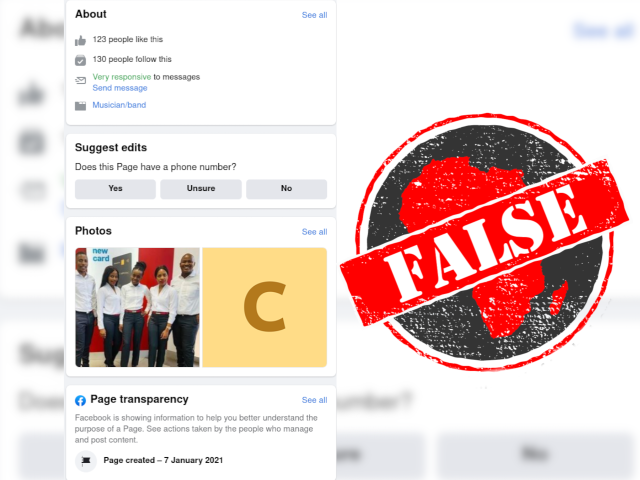IN SHORT: Several Facebook posts claim to help you get a job with the Nigerian National Petroleum Corporation. But beware, they could be out to scam you.
A message circulating on Facebook in April 2024 claims that Nigeria’s state energy company NNPC Limited is recruiting.
The message reads: “THE NNPC RECRUITMENT EMPOWERMENT REGISTRATION FOR 2024/2025 SESSION IS NOW OPEN. INTERESTED APPLICANTS ARE TO DROP A MESSAGE IN REGARDING OF HIS/HER APPLICATION PROCESS.”
The Nigerian National Petroleum Corporation (NNPC) is the only entity licensed to operate in Nigeria’s petroleum industry. It employs over 5,000 people.
Securing a job with the NNPC is highly competitive. Many Nigerians would jump at the opportunity to be employed by the corporation.
A screenshot of the recruitment ad appeared elsewhere on Facebook here, here, here, here, here, here, here, here, here and here.
Similar versions of the ad were posted here, here, here, here, here and here.
But is the NNPC really hiring?

‘Still fake’ says NNPC
In December 2023, we debunked a claim that the NNPC was recruiting.
The NNPC’s chief corporate communications officer, Olufemi Soneye, confirmed to Africa Check that the company still wasn’t recruiting in April 2024.
He described the posts as “false”.
For tips on how to spot online scams offering jobs, grants, loans, and gifts, read our guide here.
Republish our content for free
For publishers: what to do if your post is rated false
A fact-checker has rated your Facebook or Instagram post as “false”, “altered”, “partly false” or “missing context”. This could have serious consequences. What do you do?
Click on our guide for the steps you should follow.
Publishers guideAfrica Check teams up with Facebook
Africa Check is a partner in Meta's third-party fact-checking programme to help stop the spread of false information on social media.
The content we rate as “false” will be downgraded on Facebook and Instagram. This means fewer people will see it.
You can also help identify false information on Facebook. This guide explains how.





Add new comment